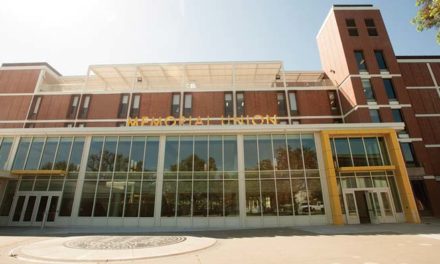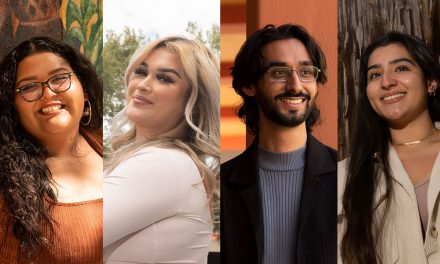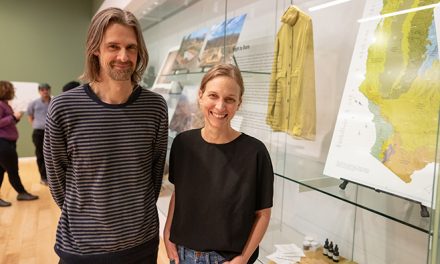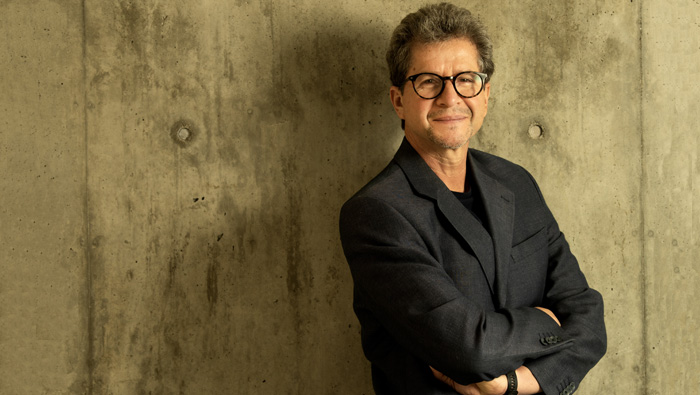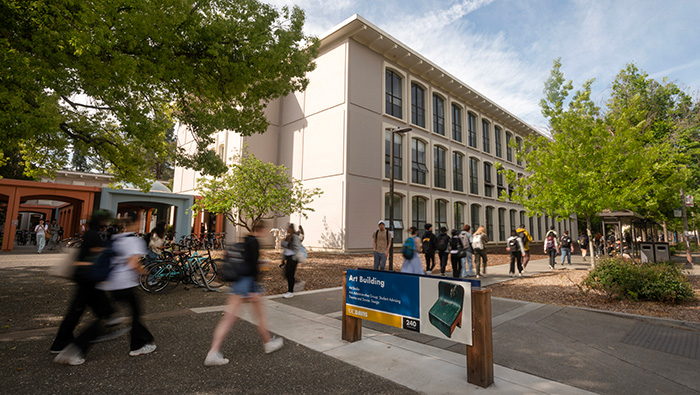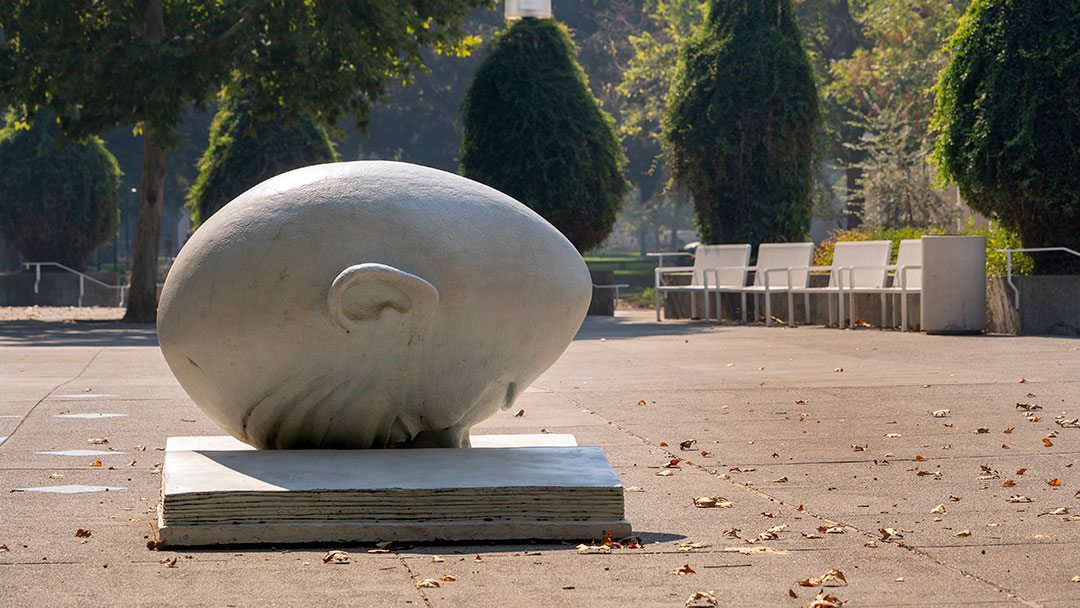
UC Davis Outlines HSI Goals
UC Davis is one step away from becoming a Hispanic Serving Institution, or HSI, and has a plan to help its Hispanic scholars thrive once it receives the designation.
That plan, outlined in a recent report from a campus task force, involves attracting more Chicanx and Latinx students, empowering them to succeed, and preparing UC Davis students and the University of California system to succeed in a multicultural world.
“Our rising scholars bring unique and diverse assets that make UC Davis better in myriad ways,” Chancellor Gary S. May said. “HSI is a badge of excellence that shows we’re closing the gap on access to higher education.”
The process of receiving an HSI designation from the federal government has several requirements that center on such factors as the percentage of students who come from economically disadvantaged backgrounds or are of Hispanic heritage. The final step remaining for UC Davis is for the university to apply for and receive grant money that is available only to Hispanic Serving Institutions. UC Davis plans to do that in the coming months.
UC Davis will be the sixth UC campus to receive HSI designation, and is one of fewer than two dozen HSI institutions classified R1, the highest level of research university under the Carnegie Classification of Institutions of Higher Education.
Bold yet feasible proposals
Raquel Aldana, associate vice chancellor for Academic Diversity and one of the task force’s co-chairs, said the group worked hard to make bold proposals that were also feasible.
“The transformative recommendations in this report are the result of careful deliberation by our group and input from many stakeholders,” she said. “These changes will call for significant commitment from many, and the hard work will be for the ultimate benefit of the future leaders whom we can elevate to solve the world’s most pressing issues.”
The report, prepared by the 30-person task force over nearly 10 months, outlines four goals:
- Prepare and attract a broad profile of “rising scholars” to UC Davis
- Ensure that rising scholars have the opportunity to learn, succeed, graduate and thrive
- Fulfill our Hispanic Serving mission by elevating students to industries with critical workforce needs and by preparing and educating all students to serve a multicultural society
- Harness UC’s collective strengths as a system to transform public higher education
Throughout its report, the task force uses the term “rising scholar” for Chicanx and Latinx students and other students who, like them, may come from underserved communities or be the first in their families to go to college, to focus on the positive contributions they bring to the university rather than deficits like income level.

Jissel Olea Lopez studies in the Center for Chicanx and Latinx Academic Student Success in 2017. (Karin Higgins/UC Davis)
Recognizing scholars’ talents
The report calls for empowering rising scholars by recognizing their talents and responding to what they need by providing holistic, coordinated and embedded services. It recommends, for example, harnessing student’s multilingualism to teach writing. It also recommends building STEM learning communities and cohort models.
More outreach is also proposed — both to attract prospective students from areas near campus and places “with high concentrations of rising scholars” like the Central Valley, and to attract staff “who demonstrate a commitment to serving the needs of Chicanx/Latinx communities.”
The report also calls for establishing institutional incentives to empower faculty and staff with the skills and ability they need to effectively teach, mentor, innovate, lead and build positive campus climates and learning environments. Ideas include leveraging the academic program review process to incentivize departments and individual faculty to integrate culturally responsive approaches into their teaching as a best practice for closing equity gaps and preparing students to work in a multicultural society. An HSI director position should be created within the Office of Diversity, Equity and Inclusion to coordinate the overall effort, the report says.
Some of the recommendations are already moving forward. A team is investigating the feasibility of establishing the writing center. A second forum is planned on what it means to be an R1 HSI. Additional funding opportunities made possible by the HSI status are being promoted to researchers and campus units.
Committed to community
The report includes student feedback that was gathered through various engagement events and questionnaires. Students impressed upon the task force their desire for educational experiences that would leverage their commitment to serving their community.
“Success for me is the success of my community,” one student said. “It’s not until my community overcomes oppression — that’s when I can say that I’m successful.”
Another shared what the HSI status means: “It means adjusting to our needs rather than demanding (that we adjust) to the standards demanded by traditional higher education. It means making education, knowledge accessible. … We need to move beyond just providing resources and critically evaluate the everyday work that is demanded of students.”

